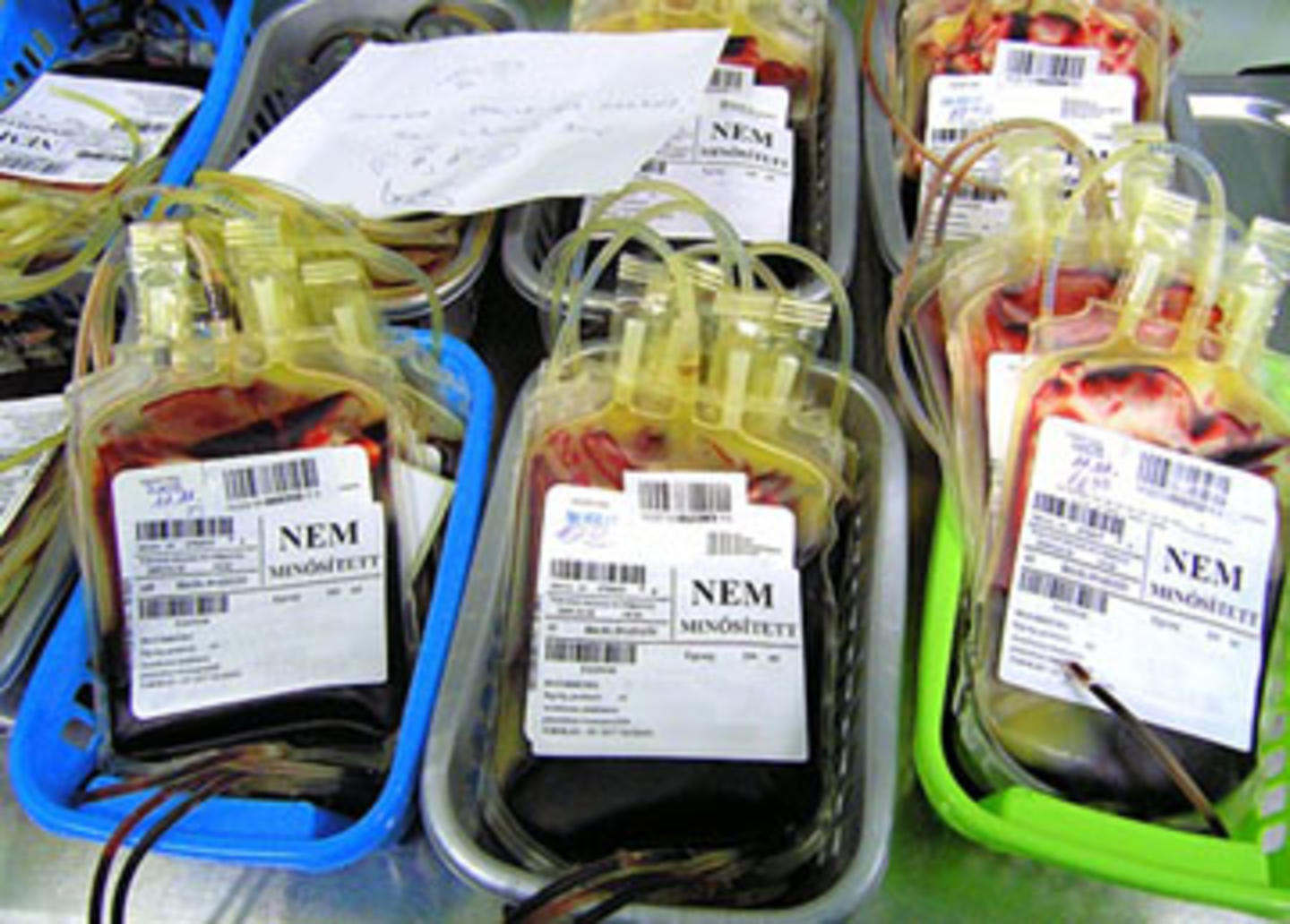A €2 million grant has enabled the Hungarian National Blood Supply Service (OVSz) to create a national blood database. The new database will register blood donors online, thus allowing blood banks and hospitals to follow the transfer step by step and from vein to vein.
The new database will address and tackle the current shortcomings in the Hungarian blood traceability system. If any donor is infected at the time of the blood drive, his or her physician will be informed about it by telephone and by an official letter. "With the new system we can get in direct contact with the hospitals and immediately inform them. In this way, we can eliminate the risk of transmitting diseases like aids, hepatitis and syphilis being through blood transfusion," says Director of the National Blood Supply Service Klara Tóth Barótiné.
Increased efficiency of blood use
The new database will provide exact measurements of the total amount of donor blood available and enable medical staff to monitor the expenditure of donor blood. Donor blood is preserved at blood banks at various national and organisational levels within the Hungarian health service, and there is currently no way of measuring the exact availability or expenditure of donor blood.
3 % of donor blood normally expires and cannot be reused. This is detrimental to encouraging potential donors to donate blood. With the new database, however, the donated blood will be subject to close monitoring, and medical staff will be able to reduce waste of donor blood and ensure a timely and efficient use and allocation of the blood available.
Photo credit: Guri M. Smenes, Royal Norwegian Embassy in Budapest.
